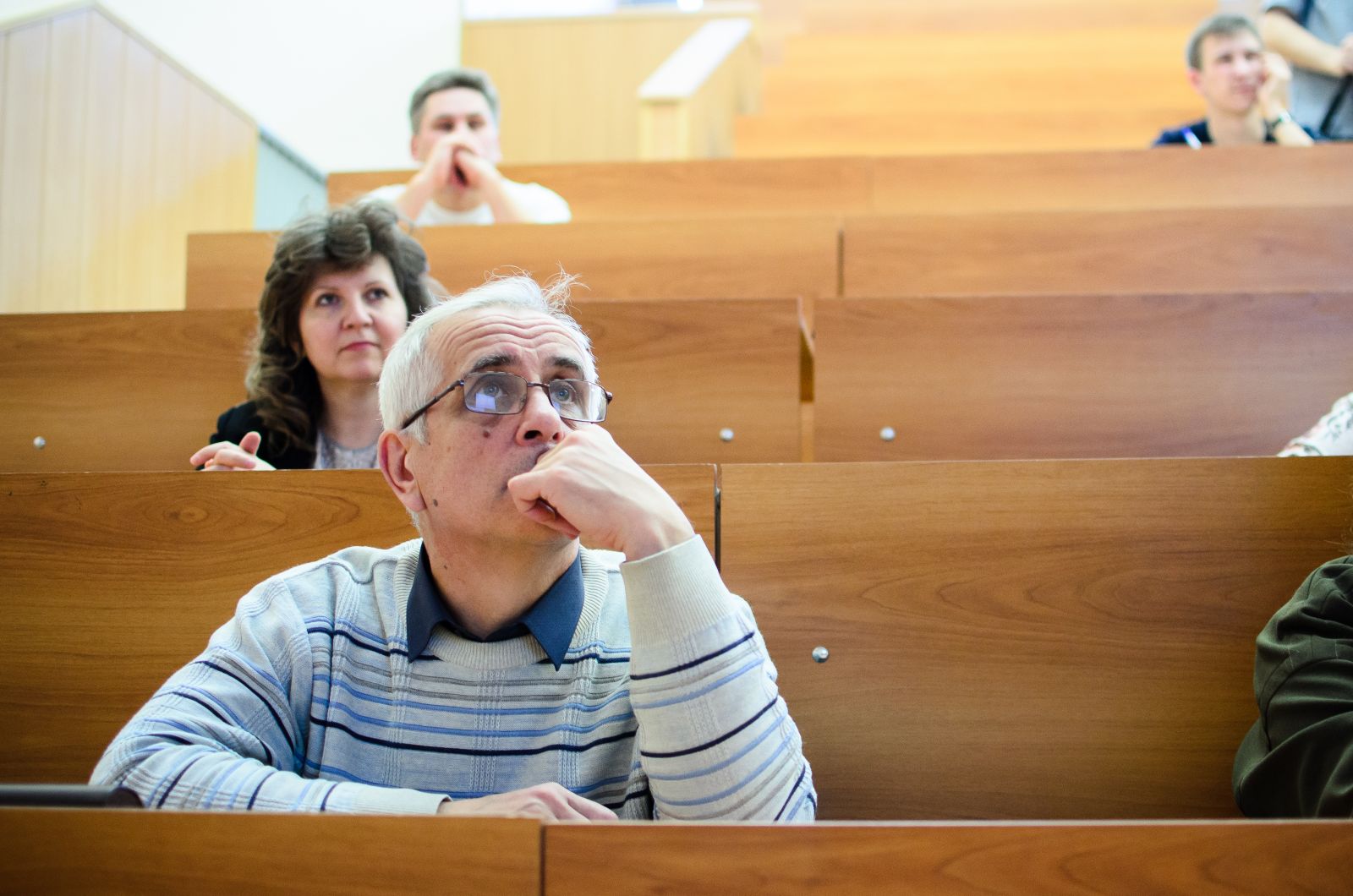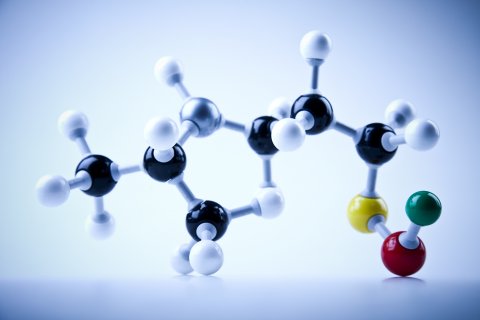On October 9 through 13, a series of lectures on chemoinformatics called “Increasing efficiency of chemistry in chemoinformatics” by well-known German chemist Johann Gasteiger took place at SUSU.
Within the course of lectures, the scientist talked about the possibility of forecasting and synthesizing chemical reactions. Lectures were targeted at teaching staff and students of the School of Medical Biology, Faculty of Chemistry of the Institute of Natural Sciences, and School of Electrical Engineering and Computer Science.

“I was happy to notice that the audience came more than once; the majority of listeners attended all 5 lectures. They showed interest, asked questions, and our communication went very well,” noted Professor Gasteiger.
Organizer of the series of lectures was Vladimir Potemkin, Director of the Laboratory for Computer Modeling of Medicinal Products.
“I am acquainted with the Professor’s publications from my students years, and back then already his research amazed me. One day I went to Germany for an internship and that was where I met Doctor Gasteiger, we have been in touch for 11 years. As soon as we got the opportunity to invite a scientist of the world’s level, we at once invited him to deliver lectures for students and teaching staff of SUSU,” told us Vladimir Potemkin.
Chemoinformatics performs extraction of information out of an array of experimental data. Professor Gasteiger is one of its founders; he is famous for his research in the field of neural networks in chemistry. His major research interest is development of software for creation of medications.
“I got interested in this series of lectures because of our type of research in the field of stress. One of the most important areas of stress is the syndrome of post-traumatic stress disorder. According to statistics, up to 40% of patients exposed to PTSD are not respondent to drug therapy. Therefore, this problem is driving the need to search new medications, and the interest to new methodology approaches which chemoinformatics proposes. As studying the problem of stress is the priority research area of the SMB, the solution of such problems requires the interdisciplinary approach. In this context, we would like to efficiently cooperate with specialists in chemoinformatics and bioinformatics,” said Vadim Tseylikman, Director of the School of Medical Biology.




